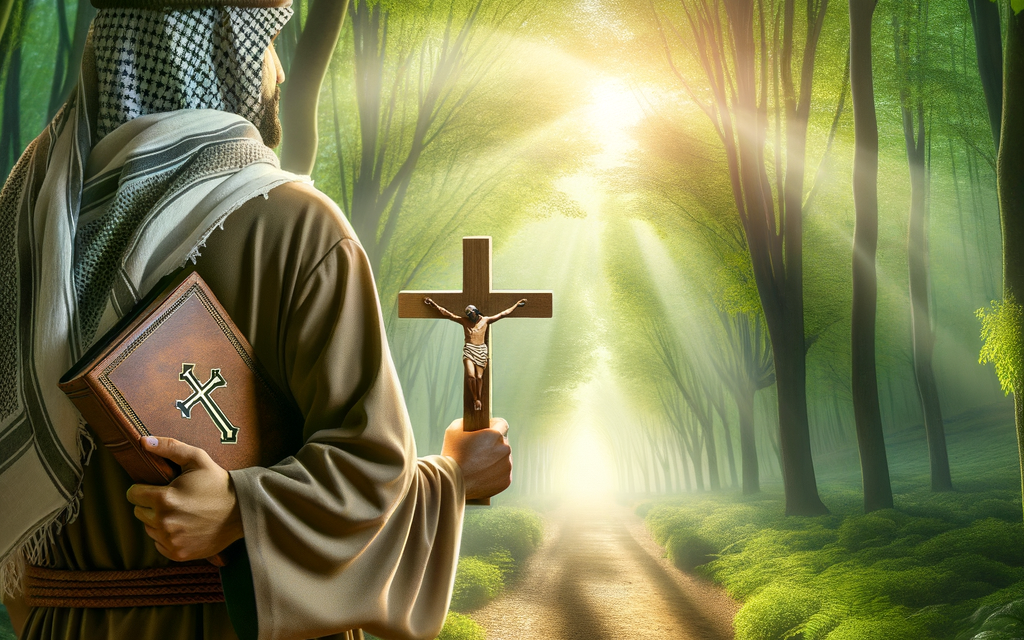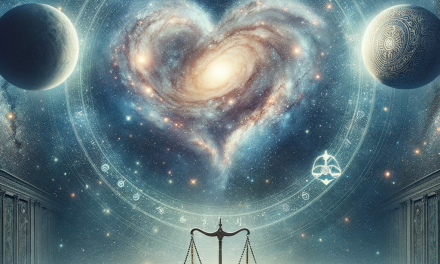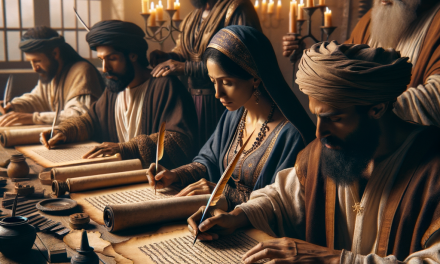From Catholic to Christian: A Journey of Faith
Differences Between Catholicism and Christianity
In the complex mosaic of global faith, Catholicism and broader Christianity represent two intricate, interwoven threads. While both share a deep reverence for Jesus Christ and the Bible, the nuanced differences shape the experience of believers profoundly. The Catholic Church, built on the foundation of apostolic succession, finds its structure in the magisterium – the teaching authority vested in the pope and the bishops. This hierarchical scaffold underscores the importance of tradition and clerical interpretation. One might turn to Ephesians 2:20 which reminds us that the church is built on the “foundation of the apostles and prophets, with Christ Jesus Himself as the chief cornerstone.”
In contrast, many Protestant forms of Christianity embrace the principle of “sola scriptura,” which posits that the Bible alone is the ultimate authority in matters of faith and practice. Such adherence to scripture guides a personal, interpretive relationship with the Word, shifting the locus of spiritual authority from a highly structured institution to the individual believer guided by the Holy Spirit. John 14:26 emphasizes this, “But the Advocate, the Holy Spirit, whom the Father will send in my name, will teach you all things and will remind you of everything I have said to you.” Each tradition, in its essence, carves a distinct pathway towards encountering the divine, weaving through the heart of personal and communal worship.
Yet, beyond the theological discourses, the lived experiences of Catholics and Protestants paint a picture rich in ritual and simplicity, splendor and solemnity. The sacraments, particularly the Eucharist, hold a place of paramount significance within Catholic worship. Each mass is a reflection of the Last Supper, imbibed with symbolism and reverence. Meanwhile, Protestant services often focus on the Word, with sermons taking center stage, fostering a direct, unmediated connection to biblical teachings. Romans 10:17 captures this approach eloquently, “Consequently, faith comes from hearing the message, and the message is heard through the word about Christ.”
Why Transition from Catholicism to Christianity?
The shift from Catholicism to broader Christianity is a deeply personal journey, often marked by introspection and a quest for an authentic spiritual connection. For many, the transition is sparked by an innate yearning to understand and experience God in a more intimate and personalized manner. Philippians 3:10 propels this exploration forward, “I want to know Christ—yes, to know the power of his resurrection and participation in his sufferings, becoming like him in his death.” This verse encapsulates a profound desire to engage with the divine beyond the familiar rituals and sacraments of Catholicism.
The quest for a direct relationship with God, tinged with simplicity, often leads individuals towards a Protestant form of Christianity. The absence of intermediaries becomes a pathway to a more direct, unmediated communion with the Lord. In their new journey, believers often uncover a newfound freedom in their personal spiritual practices, firmly rooted in scripture. Hebrews 4:16 augments this transformative experience: “Let us then approach God’s throne of grace with confidence, so that we may receive mercy and find grace to help us in our time of need.”
Moreover, the transition reflects a deeper, sometimes rebellious, spirit which seeks to understand faith beyond traditional ecclesiastical boundaries. The desire to interpret the Bible independently, to forge a personal narrative of faith, aligns with Matthew 7:7, “Ask and it will be given to you; seek and you will find; knock and the door will be opened to you.” This verse mirrors the essence of spiritual discovery, an open invitation to dive into the vast ocean of faith, guided by one’s internal compass and the soft, guiding whispers of the Holy Spirit.
Personal Stories of Faith Transitions
Sarah’s journey from Catholicism to Christianity is a vivid tapestry colored with introspection and a hunger for deeper spiritual experiences. Raised in a devout Catholic family, Sarah found solace in the rituals, yet often yearned for a more direct, personal connection with God. The moment came when Romans 8:28 resonated within her heart, “And we know that in all things God works for the good of those who love him, who have been called according to his purpose.” This verse became a beacon, guiding her to explore Protestant Christianity, where she discovered a newfound intimacy in her relationship with God, unfiltered and pure.
Similarly, Mateo found himself at a crossroads when his internal spiritual questions clashed with traditional Catholic teachings. Searching for answers and solace, he stumbled upon John 15:4, “Remain in me, as I also remain in you. No branch can bear fruit by itself; it must remain in the vine. Neither can you bear fruit unless you remain in me.” Intrigued by the personal invitation to remain in Jesus directly, Mateo ventured into a local Evangelical church. Here, he witnessed a vibrant community of believers interpreting and living the Bible’s teachings dynamically, which profoundly impacted his own spiritual path.
Angela’s transition was marked by an unwavering search for divine purpose. Raised in the ritualistic beauty of Catholic traditions, she always felt something was missing – an intimate dialogue with her Creator. Her inquiry led her to Jeremiah 29:13, “You will seek me and find me when you seek me with all your heart.” This sparked her venture into a non-denominational Christian community where she discovered a poignant, direct communication with God. Angela’s prayer life deepened, her understanding of scripture broadened, and in this new spiritual landscape, she finally felt the profound presence of God whispering directly into her soul.
In reflecting upon these journeys of faith, contemplate the transformative power of seeking a deeper connection with the divine. Whether through the structured beauty of Catholicism or the direct touch of broader Christianity, each path offers a unique window into the eternal. Dive into your own heart, question, seek, and you may find that the answers have been whispering to you all along, waiting for you to truly listen and follow.











